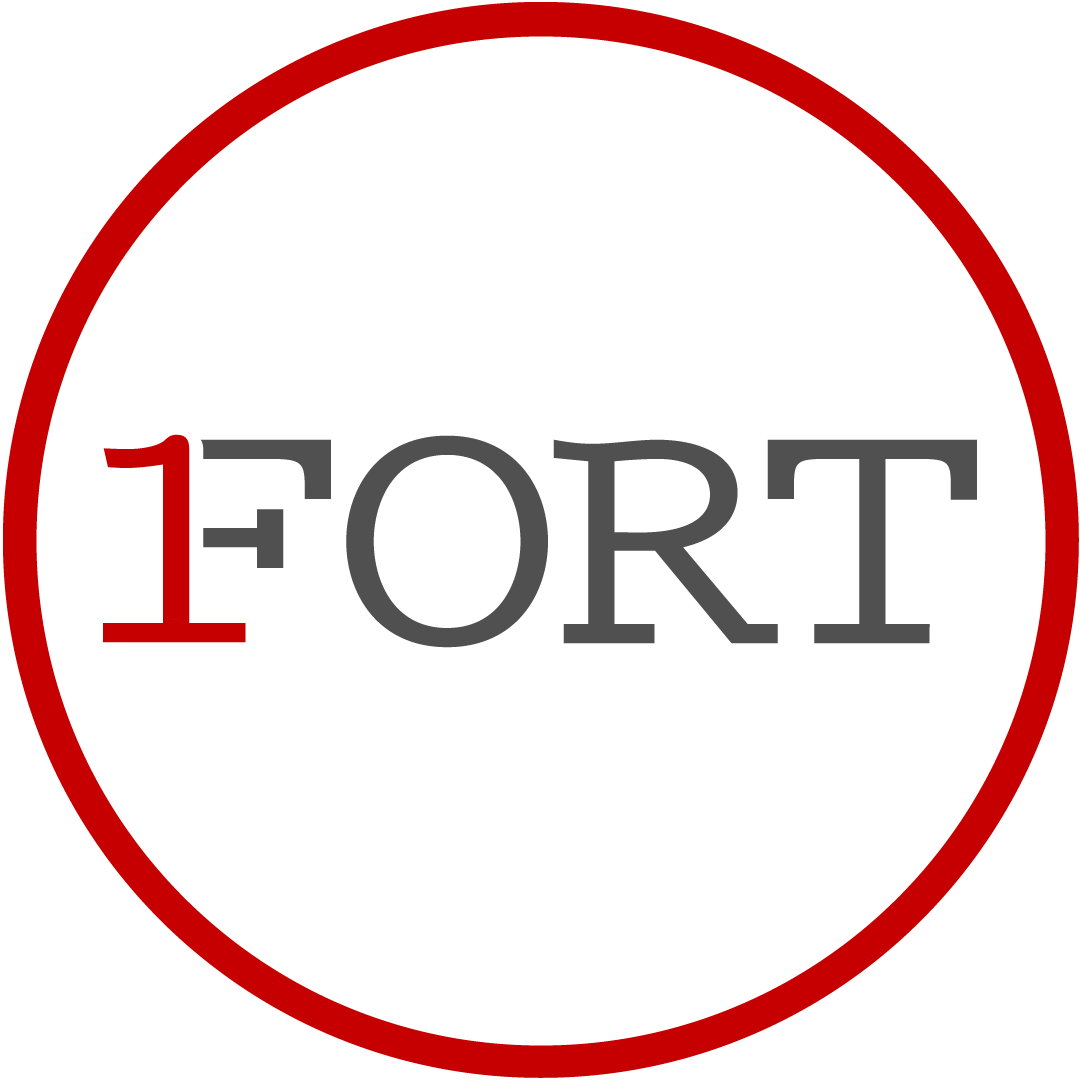Facilities Advisory Committee
Facilities Advisory Committee Planning Charge & Charter - Approved by Board of Education - 8.15.19
Facilities Advisory Committee (FAC) Members | ||
|---|---|---|
Rob Abbott | Ryan Huber | Adam Paul |
Matt Banaszynski | Kory Knickrehm | Chris Reed |
Dawn Blackwell | John Kutz | Maribel Reu |
Sawyer Brandenburg | Nicole Liebman | Cody Rutter |
Dave Geiger | Steve Mahoney | Nicole Schafer |
Dan Halvorsen | Collin Maas | Andy Selle |
Nick Hamele | Jordan Nelson | Jill VanderMause |
Madelyn Hansen | Robyn Newcomb | Vern Zech |
Carla Haubenschild | Alicia Norris | |
Lisa Hollenberger | Amy Oakley | |
FAC Long-Term Recommendation
Overall, SDFA facilities are well maintained and smaller projects have consistently been addressed due to investments made from the annual operating budget, the 2006 referendum for geothermal in four (4) buildings, and utilization of reserve funds. Phase 1 work is currently in progress and Phase 2 of the strategic facilities plan is currently under consideration.
Phase 1 - School Board approved in April 2021 and includes:
Upgrades to lighting, boilers, HVAC equipment, plumbing, pool equipment, clocks, and addresses urgent maintenance items outlined in the facilities study.
Work is being completed without an increase to taxpayers through leveraging energy savings and the annual operating budget.
Phase 2 - New Middle School, secure entrances at ALL district buildings, and urgent maintenance at elementary schools:
The facilities needs study indicated more than $10 million would need to be spent on maintenance at the current middle school over the next 10-plus years just to keep it open.
Current middle school was originally built in 1911 and serves approximately 650 students.
Current middle school lacks collaboration spaces, flexible areas, and small group spaces. Schools today need a variety of learning environments to best support our students' needs.
The District is considering building a new middle school on property it owns that is between the current high school and MATC. This would result in cost-savings to taxpayers as we would not be purchasing new land, and a sharing of specialty educational facilities (tech ed, autos, theater, etc.). The land where the current middle school is located would be returned to a natural state and would remain in district ownership.
In addition, shared resources, facilities, and teachers between the high school and middle school would be extremely beneficial for our students. This campus approach would also open doors to extended community partnerships to help improve teaching and learning within our schools, and our community.
Schools today need the flexibility to provide a variety of learning environments while maintaining supervision to hands-on work areas, small group instruction, and large-group collaboration areas. These spaces also help prepare students for the real-life environments they will experience beyond graduation and in the workforce.
Besides safety and security upgrades at every building, each of the four elementary schools would have urgent needs addressed, such as ADA accessibility, along with exterior repairs such as persistent roof leaks and rusted doors and frames.
